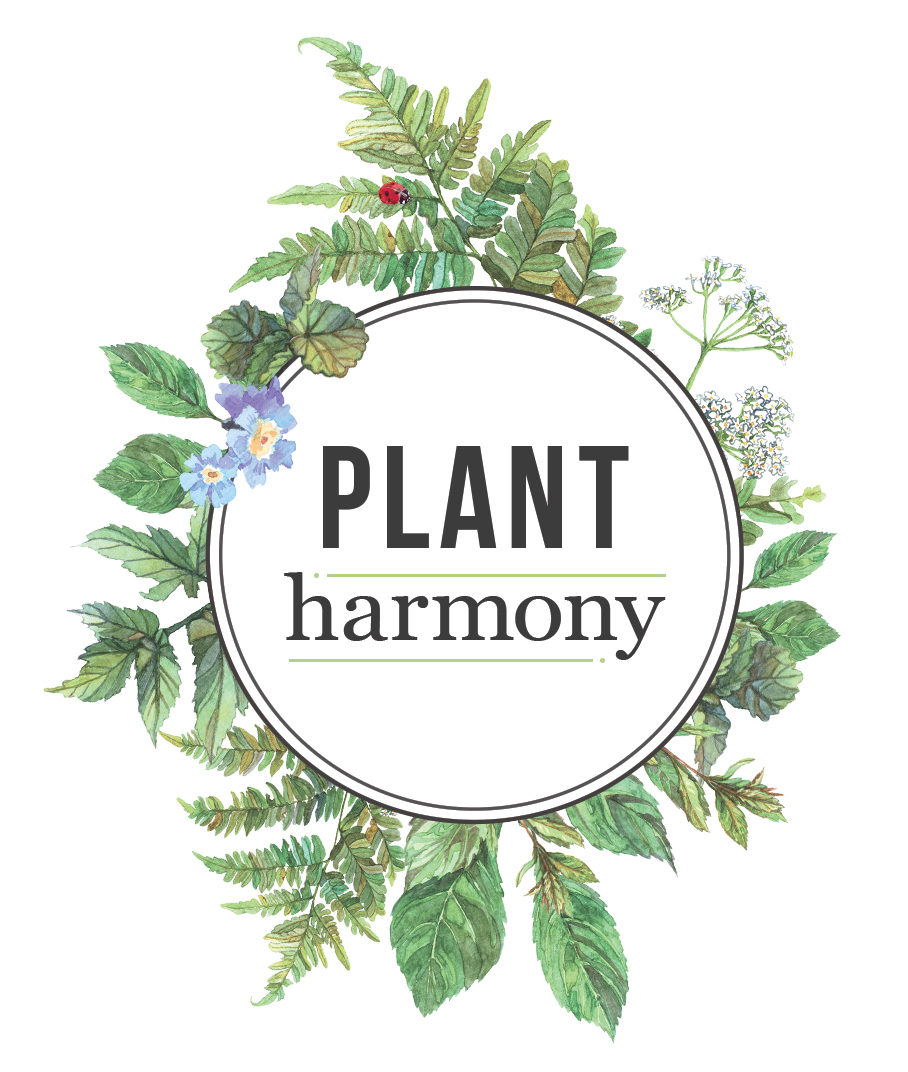Why Aphids in the Garden Aren’t Such a Bad Thing
Aphids, like most insects, get a bad rap from gardeners. If you’re in Sonoma County or the greater Northern Bay Area of California, you know they’re common thanks to our Mediterranean climate. In most cases, aphids don’t cause much damage to your plants. You can often ignore them and they can even be a positive sign of a healthy garden ecosystem!
Let’s learn more about these infamous insects so you understand their role in helping you grow an abundant garden that’s a part of a thriving ecosystem.
Understanding These Common Garden Pests
Aphids are tiny insects often too small to see with the naked eye. However, astute gardeners can find them whether they’re hiding under a leaf or on an open petal.
Many different species of aphids exist, but most are identifiable by their cornicles – tube-like structures that extend behind their body. They also have long, thin mouths to pierce through leaves and stems to suck out sap.
You may have had problems with these insects in the past. If so, you know that an infestation can stunt plant growth and transmit disease. But did you know that aphids in your garden can be tolerated in low numbers and are preventable with proactive planning?
To understand this, let’s dig into why aphids appear in the first place.
Why Aphids Appear on Your Plants
Aphids are common seasonal pests. Especially in Sonoma County, they are to be expected. Early spring is when most gardeners in this area report finding aphids on their plants.
However, if you notice an abundance of aphids – like with an outbreak or infestation – this is a sign that something deeper is going on. It could mean that your plants are stressed.
This can happen from:
Synthetic pesticide use
Drought or lack of proper watering
Poor soil conditions
The goal is to create a healthy environment through sustainable practices that help your garden thrive. Because less stressed plants equals fewer pests.
Did you know that aphids can clone themselves? That means a single insect can infest your garden… and they do it quickly! The health of your garden is key to preventing an outbreak.
Why Get Excited About Aphids in Your Garden
You might be surprised to know that, while pesky, these tiny insects can also be a positive sign! As long as you prepare, their arrival doesn’t have to cause panic. Here’s why I get excited when spring arrives and I find aphids in my garden.
Aphids are a food source for beneficial insects
A healthy garden needs beneficial insects like:
Ladybugs
Lacewings
Hoverflies
Parasitic wasps
Young, flowering buds are common targets for aphids, especially budding roses. Just as you appreciate new growth, so do these insects.
Want to guess who else appreciates this new growth? The ladybugs and lacewings that prey on aphids. Growing a diverse assortment of flowering plants of different sizes, colors, and shapes attracts these beneficials and promotes healthy plants. In IPM, we call this (inviting beneficial organisms into a garden ecosystem) a biological control.
Remember to be patient because aphids can multiply quickly. Give the beneficials time to reduce the pests’ population before you reach for a pesticide. Your garden will thrive if you encourage and feed the ecosystem instead of micromanaging insects that will naturally diminish.
Aphids contribute to a balanced ecosystem
Aphids and other pests are all part of a balanced ecosystem. Since sustainable gardening is all about working with the environment, the question I recommend you ask yourself during an infestation is: “Why is this happening and can I live with it?”
The answer often comes down to the fundamentals. Did you plant the right plants in the right spot? Is the soil healthy? Are you watering deeply and thoroughly? Do you allow the soil to dry out before watering again (according to your plants' needs once established)? Is your garden getting the nutrients it needs?
Our job as gardeners is to give our plants everything they need to live their best lives. When they’re happy and healthy, they’re more resilient to drought, extreme weather events, and seasonal pests.
This means that when you prioritize growing healthy plants, you don’t need to panic if you notice aphids appear.
Instead, consider an eco-friendly approach to control your pest problem. There are a few I recommend that target aphids without harming beneficial insects.
Tips for Natural and Organic Aphid Pest Control
It’s rare to need a pesticide. Plus, they usually do more harm than good. Broad-spectrum insecticides often reduce predator populations, which means more aphids on your plants.
Before you choose the organic pest control methods to use, you need to know what you’re dealing with. Once you properly identify that aphids are behind your garden woes, prevent infestations and address the problem at hand with cultural, physical, or biological controls.
You can do this by:
Removing infested pieces
Companion planting to deter aphids and attract beneficial predators
Planting flowering plants that blossom at various intervals to encourage natural predators
Properly watering your garden
Spraying them off your plants with a garden hose
This approach will bolster the health of your environment and keep aphid infestations at bay.
Ways We Can Grow Together
Working with your garden and the ecosystem beyond it requires resilience. It may be easier to spray a pesticide than practice patience and respect for your garden, but it’s worth it.
Want to hear more about the benefits of working with the environment and managing pests the eco-friendly way? As an IPM educator, I’d love to come speak at an upcoming event for your club, organization, agency, or private company.
